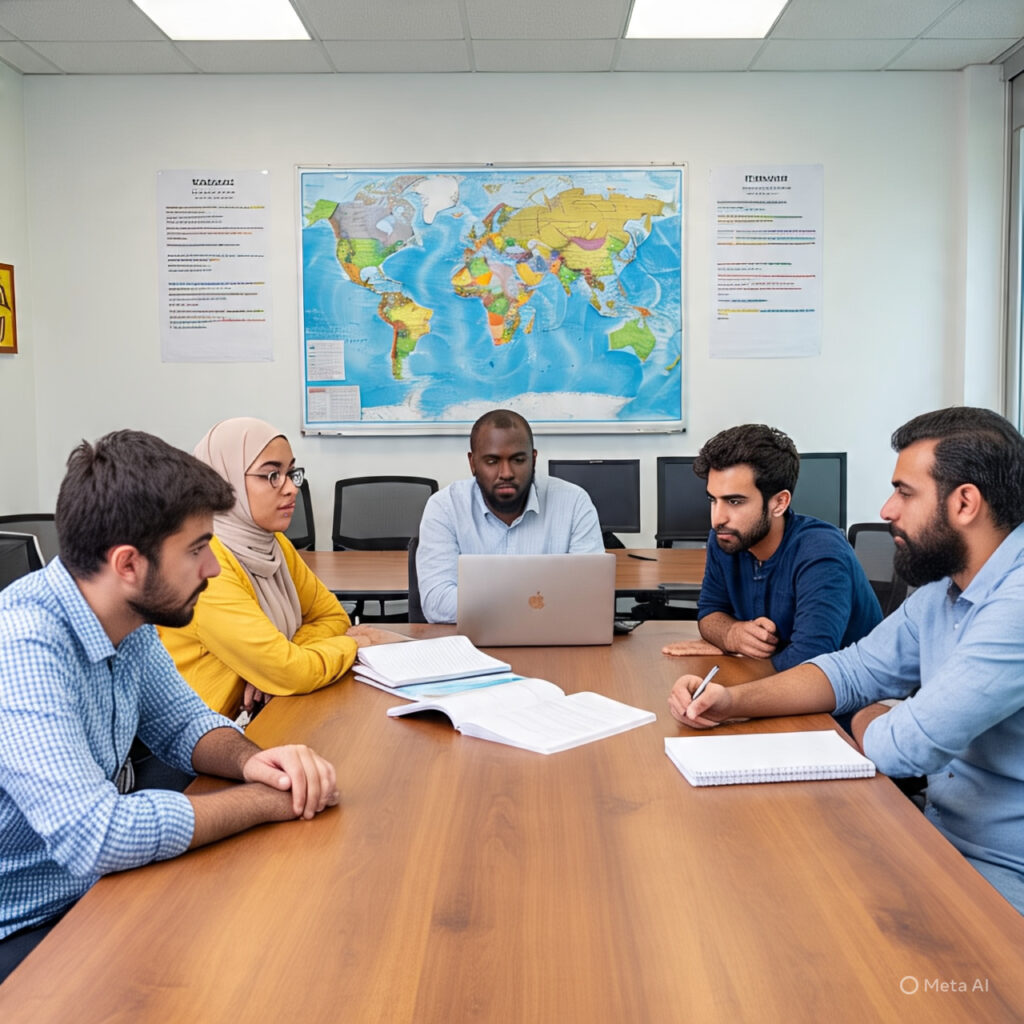In today’s knowledge-driven world, education stands as one of the most powerful tools for individual empowerment and national development. It plays a central role in shaping human capital — the knowledge, skills, and capabilities that individuals carry throughout their lives.
Let’s explore what is the role of education in Human Capital Formation and how skill development and education contributes to building human capital and why it’s considered a key driver of economic and social progress.

What Do We Mean by Human Capital?
Human capital refers to the value people bring to the economy through their education, experience, abilities, and health. Unlike physical resources like land or machinery, human capital is intangible — yet it directly influences productivity, innovation, and income levels.
Human Capital Formation through Education
Education is often described as an investment — one that pays off in the form of higher earnings, better health, and stronger economies. Here’s how:
1. Develops Skills and Competencies
From basic literacy to advanced technical skills, education equips individuals with the tools they need to succeed in the workforce and beyond.
2. Improves Employment and Income Prospects
With more education, individuals are more likely to find quality jobs and earn higher wages, reducing poverty and increasing economic stability.
3. Encourages Innovation and Creativity
Educated individuals are better problem-solvers, more open to new ideas, and often drive change and progress in society.
4. Leads to Better Health Outcomes
Education also improves awareness about health, nutrition, and hygiene, resulting in a healthier population.
5. Promotes Social and Civic Participation
Educated citizens are more likely to vote, engage in community activities, and contribute positively to society.
Impact of Education on National Development
When a nation invests in the education of its people, the benefits extend far beyond classrooms:
A skilled workforce attracts investment and creates job opportunities.
Better-educated societies tend to have stronger institutions and lower crime rates.
Education promotes gender equality and reduces social inequalities.
Countries like Finland, Singapore, and South Korea are living proof that investing in human capital through education leads to long-term prosperity.
Human Capital Formation
Human capital formation refers to the process of increasing the knowledge, skills, health, and capabilities of people so they can contribute more effectively to the economy and society. It involves investing in education, vocational training, healthcare, and skill development to enhance the productivity and potential of individuals.
In simpler terms, just as machines and buildings are physical capital, human capital is the value that people bring through their abilities and talents. When a country focuses on educating its population and improving their well-being, it is essentially building its human capital — a critical factor for economic growth, innovation, and national progress.
5 Importance of Human Capital
Boosts Economic Growth
A well-educated and skilled population increases productivity, drives innovation, and strengthens a country’s economic performance.Improves Employment Opportunities
Human capital development equips individuals with the skills and knowledge needed to secure better jobs and stable incomes.Encourages Technological Advancement
A knowledgeable workforce adapts quickly to new technologies and helps in creating innovative solutions to modern challenges.Reduces Poverty and Inequality
Barriers to Building Human Capital Through Education
Despite the clear benefits, several challenges still limit the impact of education:
Unequal access, especially in rural or low-income areas
Outdated teaching methods and irrelevant curricula
Shortage of qualified teachers and school infrastructure
Early school dropouts due to financial or social issues
Solving these problems requires consistent policy efforts and community involvement.
Final Thoughts: Education Builds the Nation
To sum it up, education is not just a pathway to personal success — it’s the engine that drives national development. It strengthens human capital by unlocking people’s potential and helping them become productive, healthy, and socially responsible citizens.
The more a country invests in education, the brighter its future becomes.
Frequently Asked Questions
Q1. What is human capital formation?
Human capital formation is the process of improving people’s skills, health, and knowledge to make them more productive and capable.
Q2. Why is education important in human capital development?
Education is the primary means through which people gain the skills and knowledge needed to work, innovate, and contribute to society.
Q3. How does education benefit a country?
It builds a stronger workforce, reduces poverty, promotes equality, and supports sustainable economic growth.
Stay Connected
Liked this article?
Visit MindMakerAcademics.com for more insightful content on education, development, and success strategies.